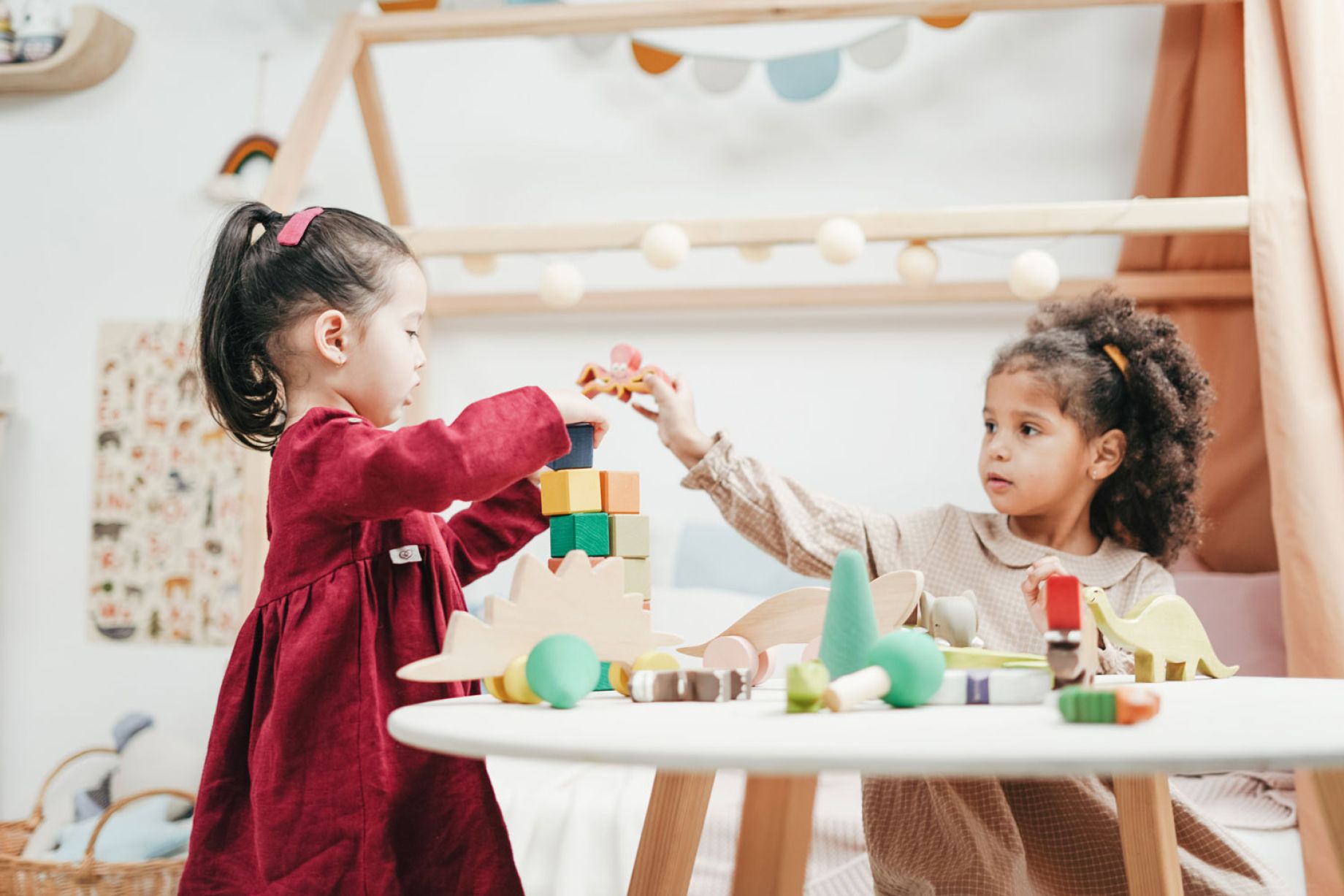
Supporting A Child With ADHD
ADHD is a disorder that millions of people suffer from and a lot of them are undiagnosed or children while also navigating themselves through life they are also navigating themselves through issues in their mind from the neurological disorder. If you have a child with ADHD you may find it difficult to get a diagnosis and will have further difficulties managing or understanding your child’s behavior. Children and teenagers with ADHD show signs of restlessness, impulsivity, or distraction. They may lack organization, have trouble focusing, speak or act without thinking, struggle with speaking, or appear to be constantly moving.
Have A Schedule And Stick To It
People with ADHD struggle to stick to a routine but it also helps them cope better with knowing what to expect, especially for children as they are unable to regulate their emotions anyway. You can manage their routine simply by setting your alarm and doing things the same as much as possible, to make it better for the children you can also get them involved with organising and setting the routine. You could have a visual aid like a morning and bedtime routine which can be ticked off by the children as they do each task. It will also help them in the long run as they will create healthy lifestyle habits to plan and shape their day as they need. It also helps when they start to go to school as that gives them a good routine.
Make Sure They Are Supported At School
When children have ADHD they can sometimes struggle to settle into school. It is a huge change and transitioning can be difficult. They will also suddenly be around a lot of children, they may be stimulated by large groups and loud noises as well as have to adjust to a huge schedule change. ADHD in the classroom is becoming more common and is also better handled than it used to be. There are the right support networks in place and teachers help early on so that the children don’t lose out too much or disrupt the other kids. They may also be better with learning through play.
Redirection Is Key
When your child is perhaps doing something they shouldn’t be or acting out trying to deal with it through redirecting and conversation rather than shouting and punishment. If they are climbing on things they shouldn’t be, maybe ask if they want to run around or go climb at the park or offer to do a fun activity with them together. Then you can also mention in the conversation that climbing house furniture is not okay and if they want to climb something then to tell you so you can take them to the park. This opens up an honest conversation, it helps the child to become more aware of their wants and needs and how to communicate them to you as well as come away from that behaviour in a positive way.
Invest In Fidget Toys
Fidget toys are a great investment, as children with ADHD often seem restless. In situations they need to behave or listen like being in school can be hard for them to focus. Some children with ADHD can focus better when doing something with their hands. This is where fidget Toys come in handy as they can do something with their hands and then focus better on what else is going on around them without feeling restless.
Manage Your Own Mental Health
This is a big one for people who have kids with additional needs. If you struggled when you were growing up you may also be on a journey of being a parent and unlearning the bad habits you experienced as a child. When you become a parent, certain things become apparent to you like how you were treated as a child and if that was acceptable or not. In the case of not, then you would also need to learn to manage your mental health issues so it doesn’t affect how your child goes on. You would do this by seeking professional help if needed, reading self-help books and also talking to your partner about it.
Have a safe word for parenting
This isn’t a way to get out of parenting but as children grow up they become more aware of what’s going on. So a way to do this is to have a word that when one of you says, the other parent knows you are struggling and need a breather or a little break so they can take over. It then prevents your child from overhearing that they are being difficult or something that could affect their self-confidence or sel-worth. You could use something like bananas, orange juice or something simple but something you both understand that when it is said they need to step up so you don’t get too stressed or lash out at the children.
Try To Be More Patient
Being patient is really important as when you have kids with extra needs, they can be challenging in certain situations as they will lash out but it isn’t their fault as they can’t regulate their emotions. They may also mask at school all day, this is where they act as normal as they can on the outside but on the inside may be feeling differently. Then when they get home and feel comfortable in their safe space they will start to let all of their emotions out which can be challenging to deal with.
Remain As Positive As Possible
Being positive and confident will help you more than you will ever know as a parent of someone with ADHD. When you are happy, and feeling good you are more likely to be calm and focused. This will help you, parent, in. An effective way. Your children will also mirror you in some senses so they are also more likely to be calm, happy and more in control when you are. Being positive all the time isn’t always something you can do but trying most of the time will be beneficial. Try to be more positive by using a gratitude journal. This is a great tool and if you remind yourself and focus every day on the things you are grateful for in life you will feel better.
Don’t Try To Be Perfect All Of The Time
Sometimes parents expect a lot from their children, this can be natural as you want them to excel and be perfect in everything they do. However, for any children, this isn’t the case. If you are a perfectionist try not to push that onto your child, if they have done their homework or completed a task but you wanted them to do it in a different way or to also do another task, it can make them feel like what they did do wasn’t an achievement when it certainly was due to how much they struggle to focus. Instead, be positive and encouraging, praise them for what they did do and then you can do the rest the next day.
Seek Support For Yourself
Being a parent of someone with ADHD can be difficult and you may feel the heavy burden of it at some points. You can see if there is extra support that can help you as well, this could be in the form of a Facebook group of parents with ADHD, you could get tips, and advice and also seek consolation when you are struggling with certain aspects of the neurological disorder your child has. Having someone who understands what your going through can be very beneficial and make you feel like you are doing what is right and best for your child even if you aren’t sure about it.
Seek Some Extra Support For Your Children
In some cases, you may need a lot more support from professionals depending on how much the ADHD is affecting your child. As they get older they will struggle more in different ways. There may be types of medication you could try to help them feel more themselves. When children have ADHD they sometimes feel like their brain is going a million miles a minute, with restlessness they constantly look for stimulation but this can be draining and make them feel exhausted mentally. In these cases, especially as children group up and have exams and other things going on, medication may help them feel a bit more normal and able to focus better. They could also try counselling to help them manage their emotions better and discuss things that they are struggling with. As they get older it could be beneficial to have someone outside of their family to speak to, they may say certain things they wouldn’t feel talking to their parents about.
Being a parent of a child with ADHD can be challenging in a lot of ways but it just takes implementing a few things and seeking help to make a difference and help them function as normally as possible without distractions and disruption in daily life.
